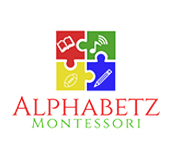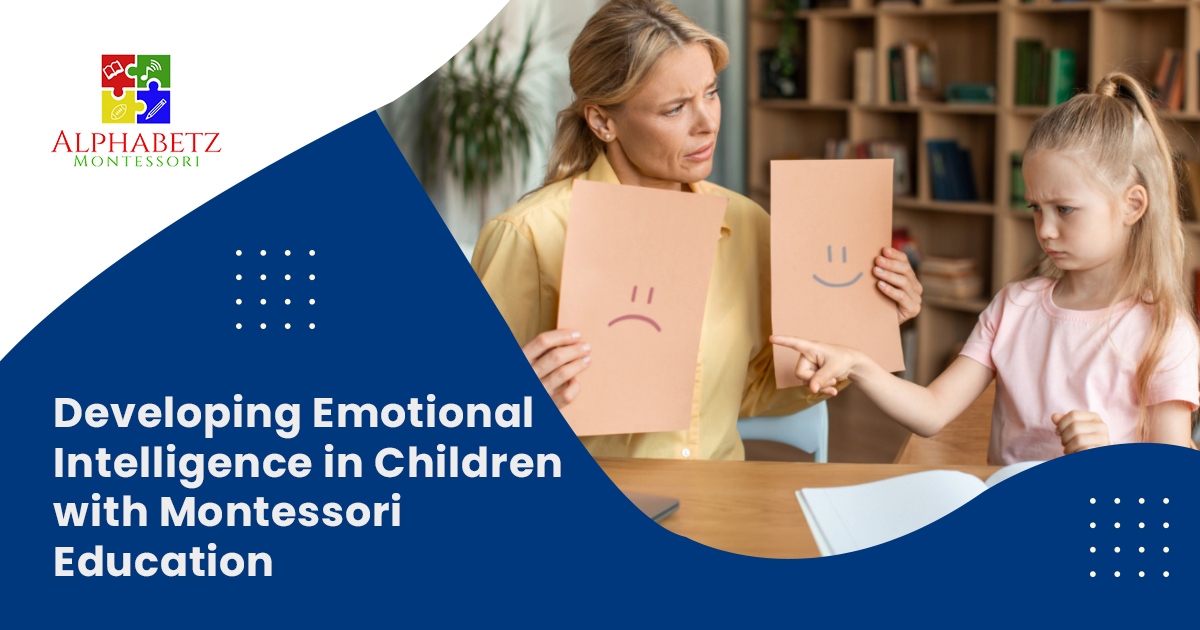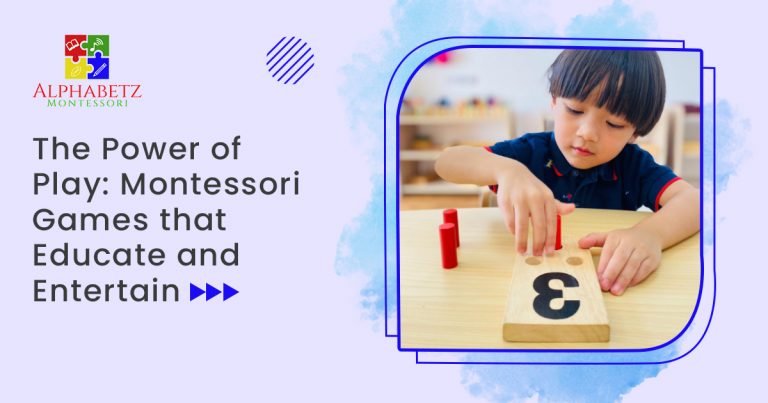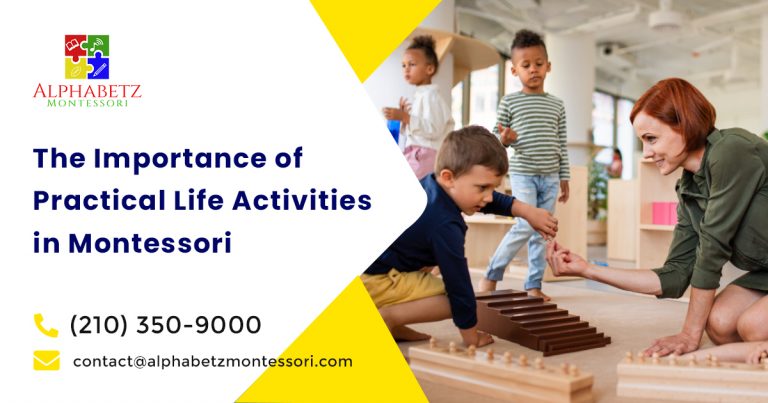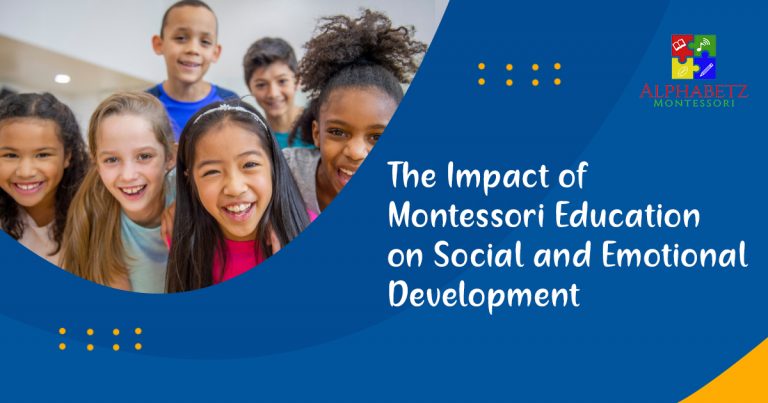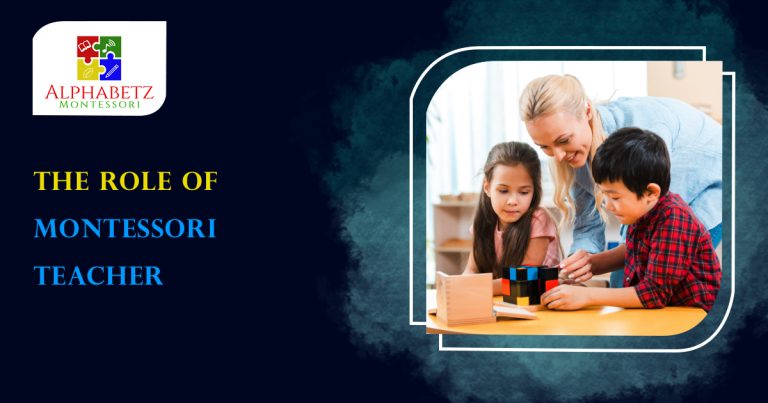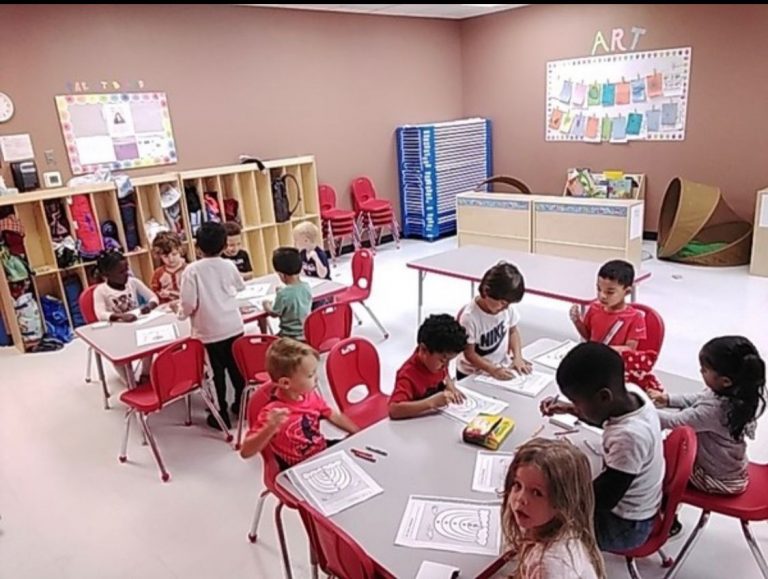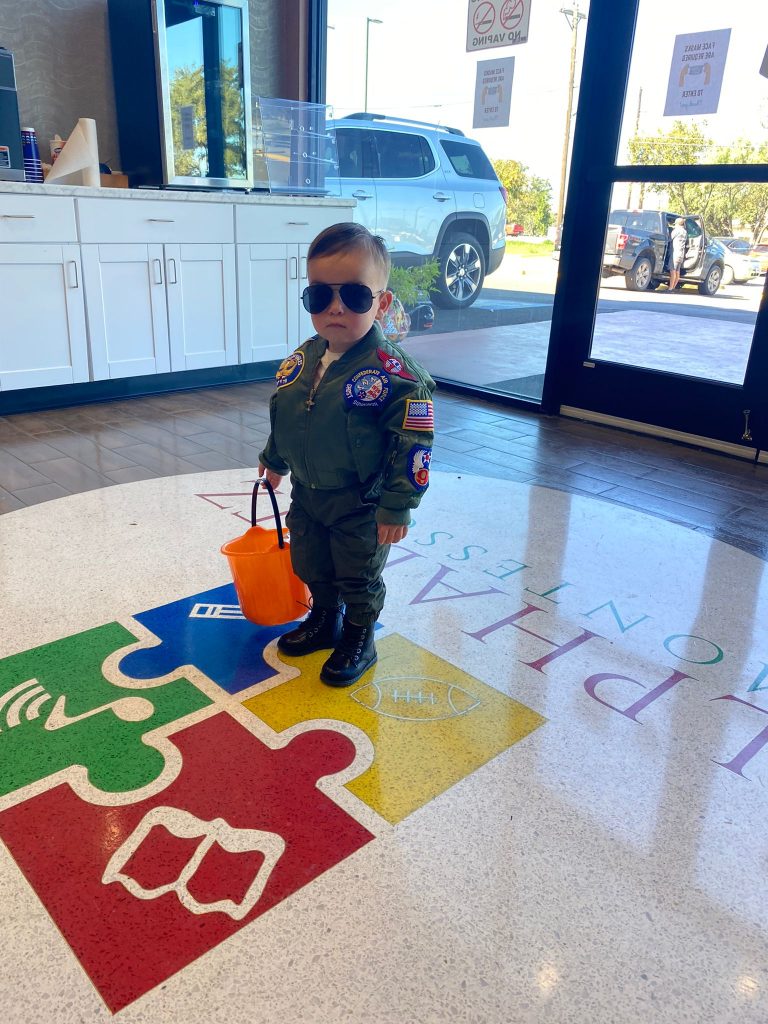Developing Emotional Intelligence in Children with Montessori Education
Building a Strong Foundation for Life At Alphabetz Montessori, we believe in nurturing the whole child. This goes beyond just academics and encompasses the crucial development of emotional intelligence (EQ). In today's world, EQ is just as important, if not more so, than IQ for success. Here's how the Montessori method, a leader in Montessori preschool education, fosters emotional intelligence in children: 1. Building Self-Awareness: The Cornerstone of EQ The Montessori classroom, designed for Montessori learning activities for toddlers and beyond, is a safe space for self-discovery. Children have the freedom to choose activities that pique their interest and work at their own pace within the Montessori preschool curriculum overview. This exploration allows them to identify their strengths, weaknesses, and learning styles. Teachers act as guides, observing children and providing gentle feedback that helps them understand their capabilities and areas for growth. Activities that promote self-awareness: Practical life exercises like pouring, sorting, and buttoning, common in Montessori daycare centers, help children understand their physical abilities and develop a sense of accomplishment. Sensorial materials allow them to refine their senses and become more aware of their surroundings. 2. Cultivating Empathy: Understanding the World Beyond Ourselves Montessori classrooms are mixed-age environments, a hallmark of best Montessori schools for early childhood education. This fosters a sense of community and encourages children to learn from and support each other. Older children act as mentors, while younger ones benefit from positive role models. Collaborative activities like group projects and grace and courtesy lessons teach children to consider the feelings and perspectives of others. Activities that nurture empathy: Role-playing scenarios allow children to explore different emotions and perspectives. Taking care of classroom plants or pets instills a sense of responsibility and empathy for living things. 3. Mastering Emotional Regulation: Managing Feelings Effectively Children in Montessori classrooms learn to navigate a world filled with emotions. They are encouraged to express their feelings openly and respectfully. Teachers model…
